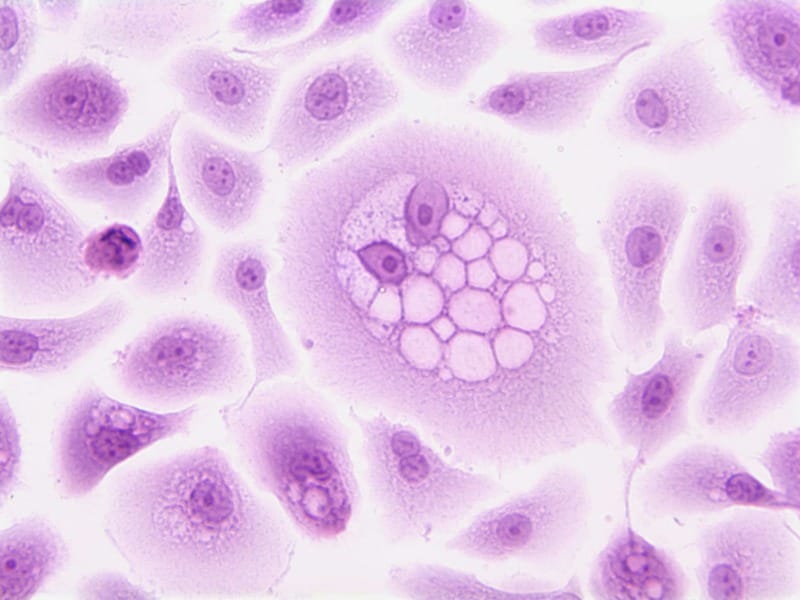Holistic cancer treatments aim to address the whole person - body, mind, and spirit - rather than just focusing on eliminating cancer cells. While these approaches can offer benefits for overall wellbeing, it's crucial to understand their limitations and potential risks when used as alternatives to conventional cancer care. Let's explore the concept of holistic cancer treatments and examine their impact on patient outcomes.
What are holistic cancer treatments?
Holistic cancer treatments typically encompass a wide range of complementary therapies used alongside conventional medical treatments. These may include:
- Nutritional approaches and special diets
- Herbal supplements and natural remedies
- Mind-body practices like meditation and yoga
- Energy therapies such as acupuncture and reiki
- Physical therapies like massage and chiropractic care
The goal is to support the body's natural healing processes and improve quality of life during cancer treatment. However, some proponents advocate using these methods as alternatives to standard medical care.
Potential benefits of holistic approaches
When used in conjunction with conventional treatments, certain holistic therapies may offer benefits for cancer patients:
Symptom management: Some complementary therapies can help alleviate treatment side effects like nausea, pain, and fatigue[2]. For example, acupuncture may reduce chemotherapy-induced nausea and vomiting.
Stress reduction: Mind-body practices like meditation and yoga can lower stress levels and improve emotional wellbeing during cancer treatment[3].
Improved quality of life: Holistic approaches that address nutrition, physical activity, and emotional support may enhance overall quality of life for cancer patients.
Risks and limitations
While holistic treatments can play a supportive role, it's critical to understand their limitations:
Lack of evidence: Many alternative cancer therapies lack robust scientific evidence demonstrating their effectiveness in treating cancer[1]. Claims of cancer cures are often unproven and potentially misleading.
Interference with conventional treatments: Some herbal supplements and alternative therapies can interact negatively with chemotherapy, radiation, or other standard treatments[3]. This could reduce their effectiveness or increase side effects.
Delayed effective treatment: Relying solely on alternative therapies instead of proven medical treatments can allow cancer to progress, potentially reducing chances of survival[5]. One study found that cancer patients who chose alternative medicine as their only treatment had a 2.5 times higher risk of death compared to those receiving conventional care.
Impact on patient outcomes
Research indicates that using alternative therapies as a replacement for conventional cancer treatments can have serious consequences:
- A study published in the Journal of the National Cancer Institute found that patients with curable cancers who chose alternative medicine instead of conventional treatments had a significantly higher risk of death[5].
- Patients using only alternative therapies were more likely to have advanced stage cancer at diagnosis and refuse potentially curative surgery, chemotherapy, or radiation therapy[1].
- While rare, exclusive use of alternative medicine for cancer treatment was associated with greater risk of death across multiple cancer types, including breast, lung, and colorectal cancer[5].
Integrating holistic approaches safely
For patients interested in holistic cancer care, the safest approach is to integrate complementary therapies with conventional medical treatments under the guidance of their oncology team. This allows patients to potentially benefit from supportive therapies while still receiving evidence-based cancer treatments.
Key steps for safe integration include:
- Discussing all complementary therapies with your oncologist before starting them
- Choosing therapies with some evidence of safety and effectiveness for cancer patients
- Working with qualified practitioners experienced in caring for cancer patients
- Continuing all recommended conventional treatments unless advised otherwise by your medical team
- Reporting any side effects or concerns to your healthcare providers promptly
By taking a balanced approach, patients can potentially enhance their overall care experience while still receiving the most effective treatments for their cancer.
In conclusion, while holistic cancer treatments can offer supportive benefits, they should not be viewed as replacements for conventional medical care. The most effective approach combines evidence-based cancer treatments with carefully selected complementary therapies to support overall health and wellbeing during the cancer journey.
Citations:
[2] https://www.cyberknifemiami.com/types-of-holistic-cancer-treatments/
[3] https://www.webmd.com/cancer/cancer-holistic-care-limits
[4] https://cancer.org.au/cancer-information/treatment/complementary-therapies
[5] https://pubmed.ncbi.nlm.nih.gov/28922780/
[6] https://en.wikipedia.org/wiki/Alternative_cancer_treatments














Member discussion